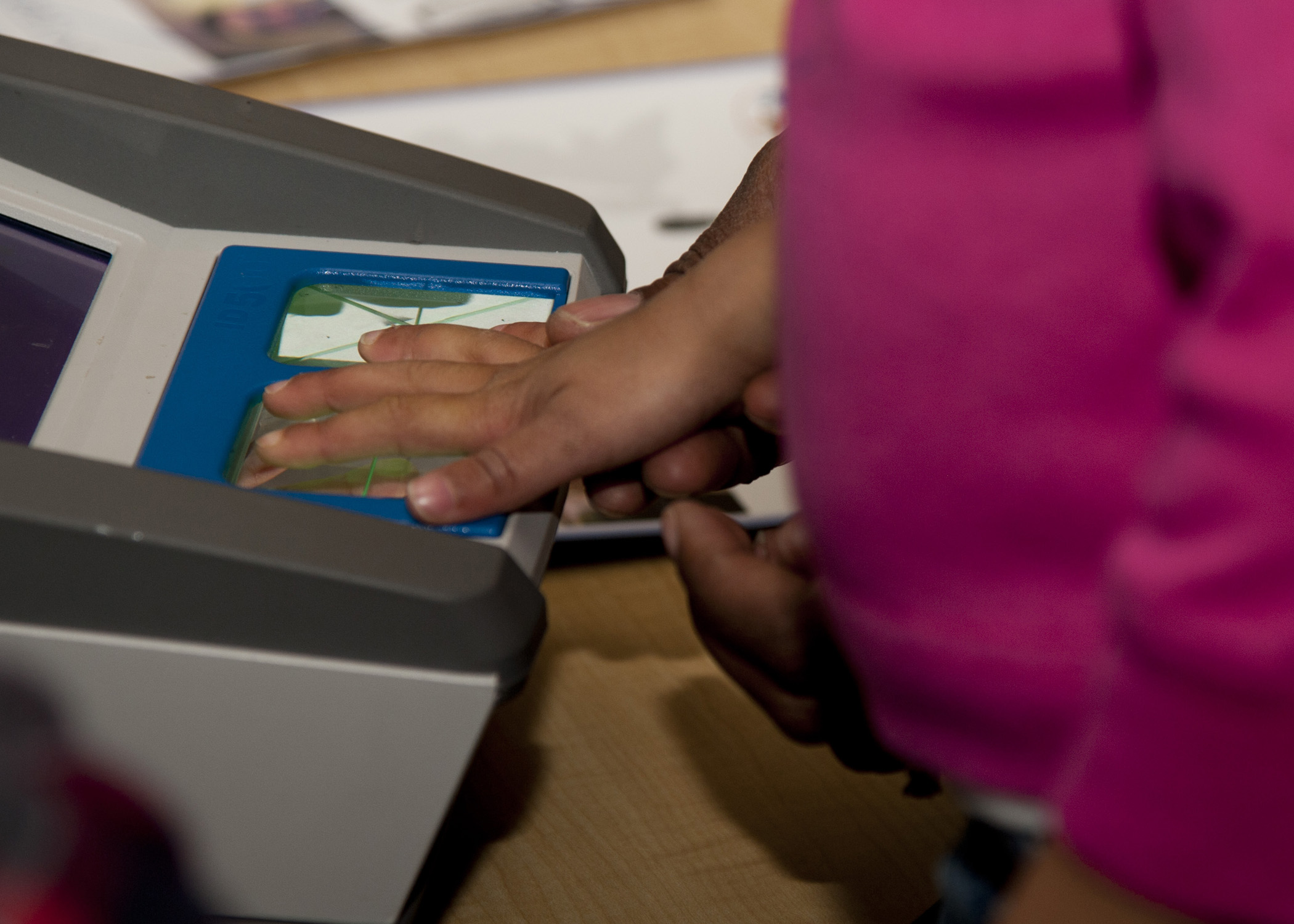A common belief of technocentrism is that if we have the ability, why not use it? The rapid advancements in genetic testing requires ongoing public awareness. Direct-to-consumer companies like 23andMe and Ancestry.com get access to users’ DNA, which is used to provide insight about genealogy or predisposition towards disease. The falling prices of direct-to-consumer genetic tests have enabled easy access to genetic data for both the end-user and corporations. But this availability creates an increased risk for the abuse of private information.
Privacy Breach
When participating in direct-to-consumer genetic tests, people hand over a DNA sample, usually in the form of a cheek swab, which contains far more information than a fingerprint. Once information from these samples have been entered into company databases, individuals have little or no control over the way it’s being used. “23andMe and other companies say they can protect consumer privacy, but that isn’t a legal guarantee at all,” says Katie Hasson of the Center for Genetics and Society. “When you send your saliva sample off to these companies, it isn’t just yours. You’re also revealing...




